Ms. Vi Thi Lua (Tay ethnic group), Director of Vy Lua Cooperative (Quan Son commune, Lang Son ) uses smartphones and the internet to break down information barriers, start a business, and bring local agricultural products nationwide.
At the 2025 Autumn Fair taking place from October 26 to November 4 at the National Exhibition Fair Center (Dong Anh commune, Hanoi ), the booth displaying specialty products of Lang Son province attracted special attention.
In the midst of the bustling atmosphere, we met Ms. Vi Thi Lua (born in 1986, Tay ethnic group), Director of Vy Silk Agricultural Processing Cooperative (abbreviated as Vy Silk Cooperative), when she was busy introducing products to customers, still holding her smartphone to reply to order messages.
From Quan Son, a mountainous commune where information was once a "luxury", Ms. Lua used her smartphone and the internet to "pave the way" for fish mint and wild guava, proving that ethnic minority women can completely master technology to change their destiny.
Ms. Vi Thi Lua, Director of Vy Silk Cooperative, introduces products at the 2025 Autumn Fair
Pioneering in bringing agricultural products "on air" from Tay village
About a decade ago, the concept of "information poverty reduction" was still unfamiliar to most ethnic minority women in Mu Cai Pha village (Quan Son commune). When many people's lives were still tied to farming and the communal market, information about the market or new business models seemed to be isolated by the limestone mountains of Lang Son. In that context, Ms. Vi Thi Lua, a nimble Tay woman, soon realized the power of smartphones and the internet, even though using them for business was still very new.
In 2017, when many people in the city were still getting used to selling online, Ms. Lua explored and "mastered Facebook to sell via livestream". It was a bold move. Without anyone to guide her, her smartphone became her only teacher. She taught herself how to take photos, record videos , write content, and most importantly, how to talk and interact with "virtual" customers hundreds, thousands of kilometers away.
Ms. Lua (blue shirt) uses a smartphone to livestream the cooperative's products on social networking platforms.
“What motivated me was the strong connectivity and spreading benefits of these platforms,” Ms. Lua recalls. She realized that this was an important “bridge” to bring the cooperative’s products to users.
The Covid-19 pandemic broke out at the end of 2019, while many people considered it a crisis, Ms. Lua considered it an "opportunity". She decided to "boost channels to sell the cooperative's products". It was not only Facebook, but also YouTube and especially TikTok, the short video platform that is exploding.
The path to "digitalizing" life is not smooth. Ms. Lua frankly admits the difficulties: "Those are content writing skills, livestreaming skills. Especially the features of tiktok change constantly, there are many keywords that cannot be violated, so it is easy to make mistakes."
Ms. Lua (right) livestreams to introduce and sell Lua Vy agricultural products on TikTok Shop.
But instead of giving up, this Tay ethnic woman chose to adapt. She persistently learned every day, turning her smartphone from a simple communication device into a miniature business operation center.
She learned the platform's algorithms, learned how to tell stories with images, learned how to turn simple village things into "viral" content. She truly "digitized" herself before "digitizing" the product.
Ms. Lua uses Facebook to promote, introduce and sell products.
From a person with "poor information", Ms. Lua has become a true "content creator", a "warrior" of livestreaming in her own way. Not only selling products, she is also an "ambassador" for her homeland, bringing viewers a true image of the lives of ethnic minority women.
"Digitalizing" fish mint - the journey to bring local agricultural products to the ocean
If technology is the "fishing rod", then local agricultural products are the "fish" that Ms. Lua is aiming for. She founded the Vy Lua Cooperative, determined to raise the level of wild plants and "forest-given" products such as fish mint and wild guava. "These are all products processed from local raw materials. In which, fish mint tea bags are the main product," Ms. Lua proudly introduced.
All products of the cooperative are processed from local resources.
Ms. Lua understands that a good product is only a "necessary" condition. To go far, the "sufficient" condition is the brand and the ability to reach the market. This is when the smartphone and the internet exert their maximum power. Ms. Lua does not choose the traditional way of promotion but puts the whole story of her product online.
She chose Facebook and TikTok as her main channels because these two channels have livestream features, vivid videos, and especially TikTok has a shopping cart. When creating content, she does not focus on dry product advertising. Instead, she tells stories that touch the hearts of viewers: "We prioritize promoting raw material areas, sharing about the hard life of people in agricultural production, and the joy when people have raw materials purchased by the cooperative," Ms. Lua shared.
Ms. Lua posted on tiktok stories about raw material areas, the hard lives of local people and the joy when the cooperative purchases, instead of dry advertisements.
The proof of that "joy" is the telling numbers. Currently, the Vy Silk Cooperative is creating stable jobs for 5 local workers with a salary of 5 million VND/person/month. In parallel, the Cooperative has also linked with 10 households to develop a raw material area of more than 10 hectares, specializing in planting, caring for and harvesting fish mint and wild guava, bringing an average income of 3-4 million VND/person/month for these linked households.
The strategy of "touching" with real emotions was successful. Viewers not only bought tea, they bought the story of Quan Son land, bought the hard work of farmers and bought the belief in a safe product.
Workers harvest fish mint.
The results are really obvious, the Facebook page "Tra Lua Vy" from 5,000 initial followers, now increased to nearly 60,000. The YouTube channel has more than 5,000 subscribers. Ms. Lua's two tiktok channels, each have nearly 30,000 followers. These platforms, together with the booth on Shopee, have created a closed e-commerce ecosystem.
"The obvious effect is that many people know the brand Lụa Vy. Many people buy retail through TikTok Shop and Shopee. On TikTok Shop, there are new orders every day," Ms. Lụa shared.
The product "Lua Vy Fish Mint Tea" of Lua Vy Cooperative was honored at the 2024 Vietnam Agricultural Golden Brand Honor Ceremony
From that leverage, the brand of Diếp cá Lụa Vy tea bags built by Ms. Lụa not only accelerated in recognition and sales, but was also continuously recognized by the award system: Top 50 Prestigious Brands (2020); Top 10 Dat Viet Brands; First Prize of the Women's Entrepreneurship Competition (2021); 3-star OCOP (2022) and in 2024 was honored at the Mai An Tiem Award with the Golden Brand of Vietnam Agriculture.
Thus, from a little-known village, the products of the Silk Vy Cooperative have appeared at major fairs and exhibitions and have been verified on the spot by the market: "At this Autumn Fair, in just the first day, all the fish mint tea bags and wild guava tea bags were sold out," Ms. Silk excitedly said.
This breakthrough shows that "information poverty reduction" can change the fate of a person and an entire land: When women "digitalize" production and business, they not only improve their livelihoods and those of their cooperatives, but also open up new paths for many other ethnic minority women, contributing to changing their own homeland.
Source: https://phunuvietnam.vn/nguoi-phu-nu-tay-so-hoa-san-xuat-kinh-doanh-dua-nong-san-xu-lang-vuon-xa-20251029023112781.htm


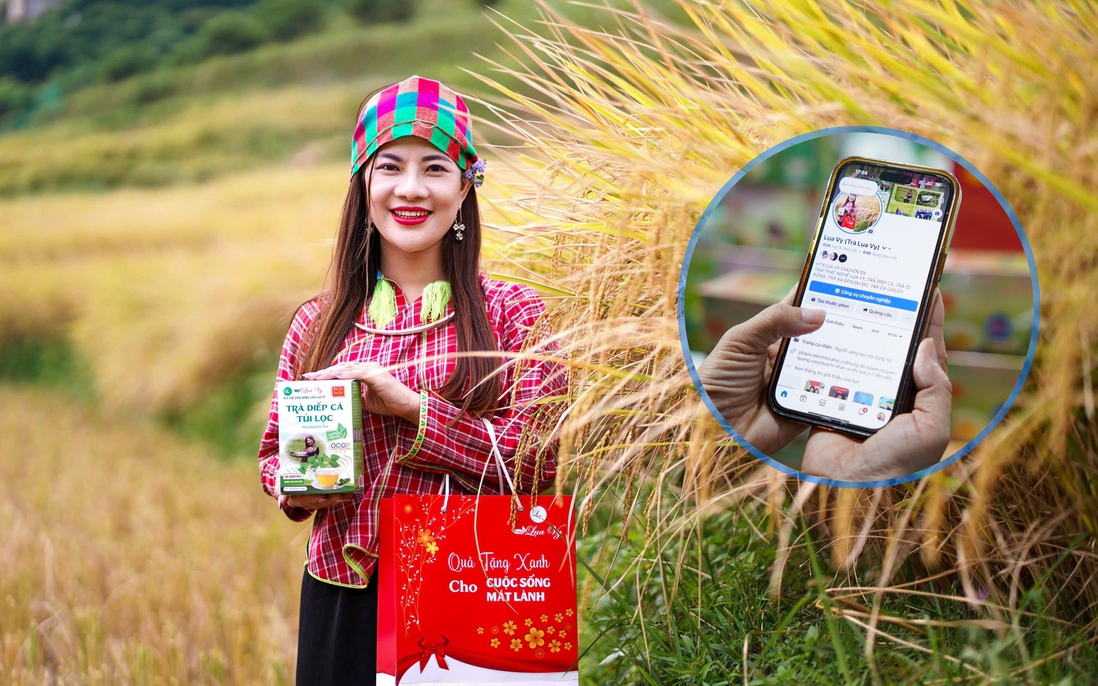
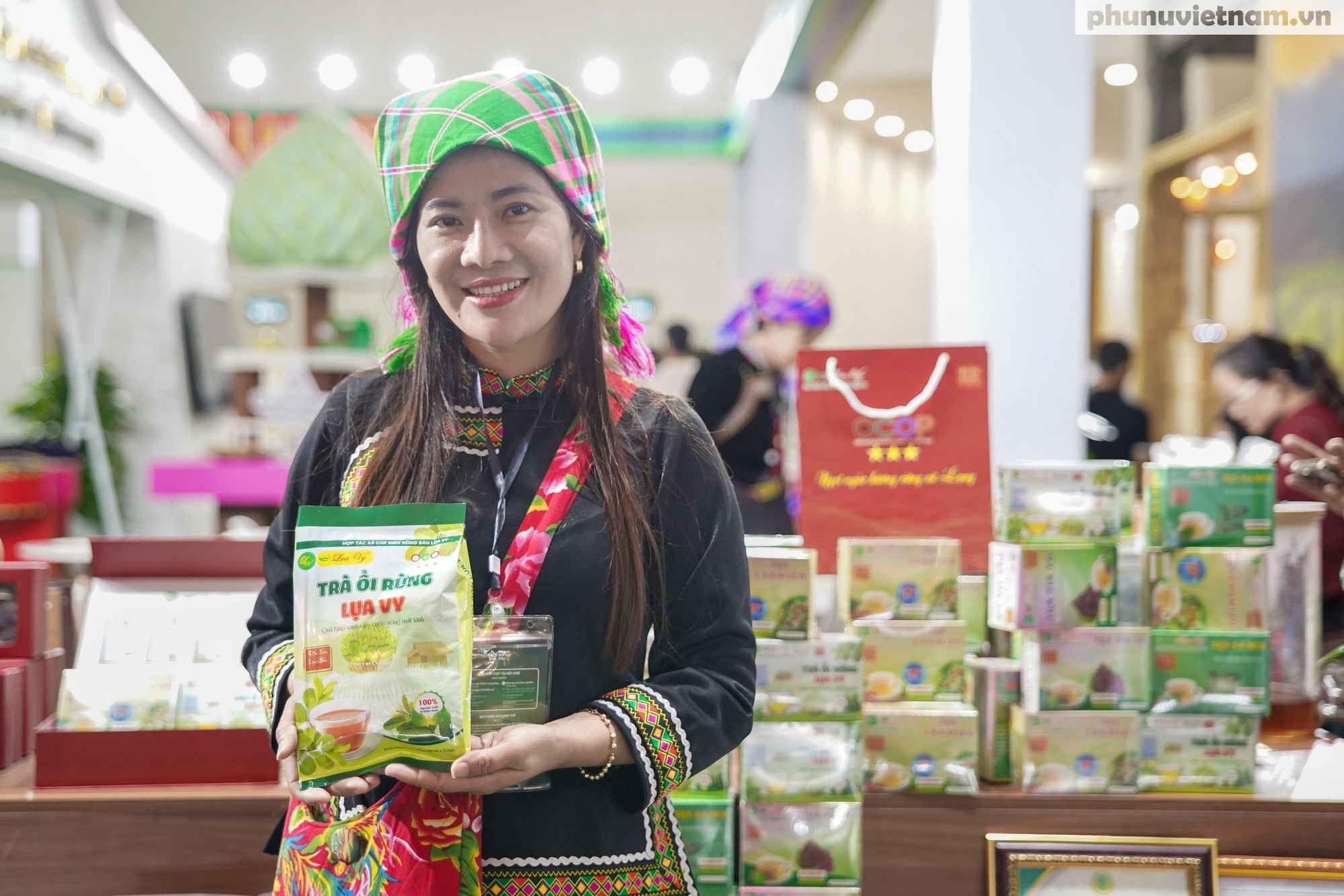
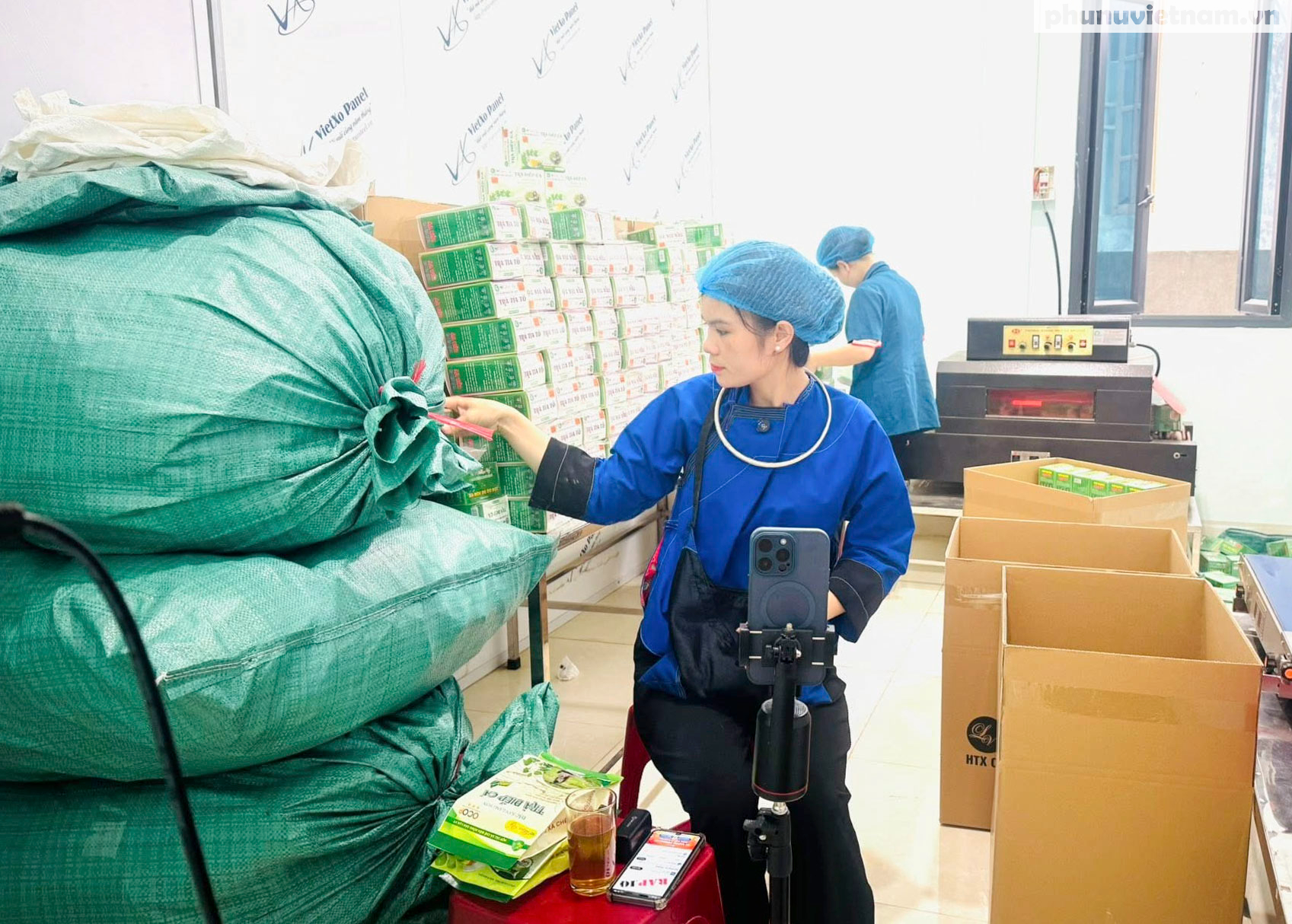
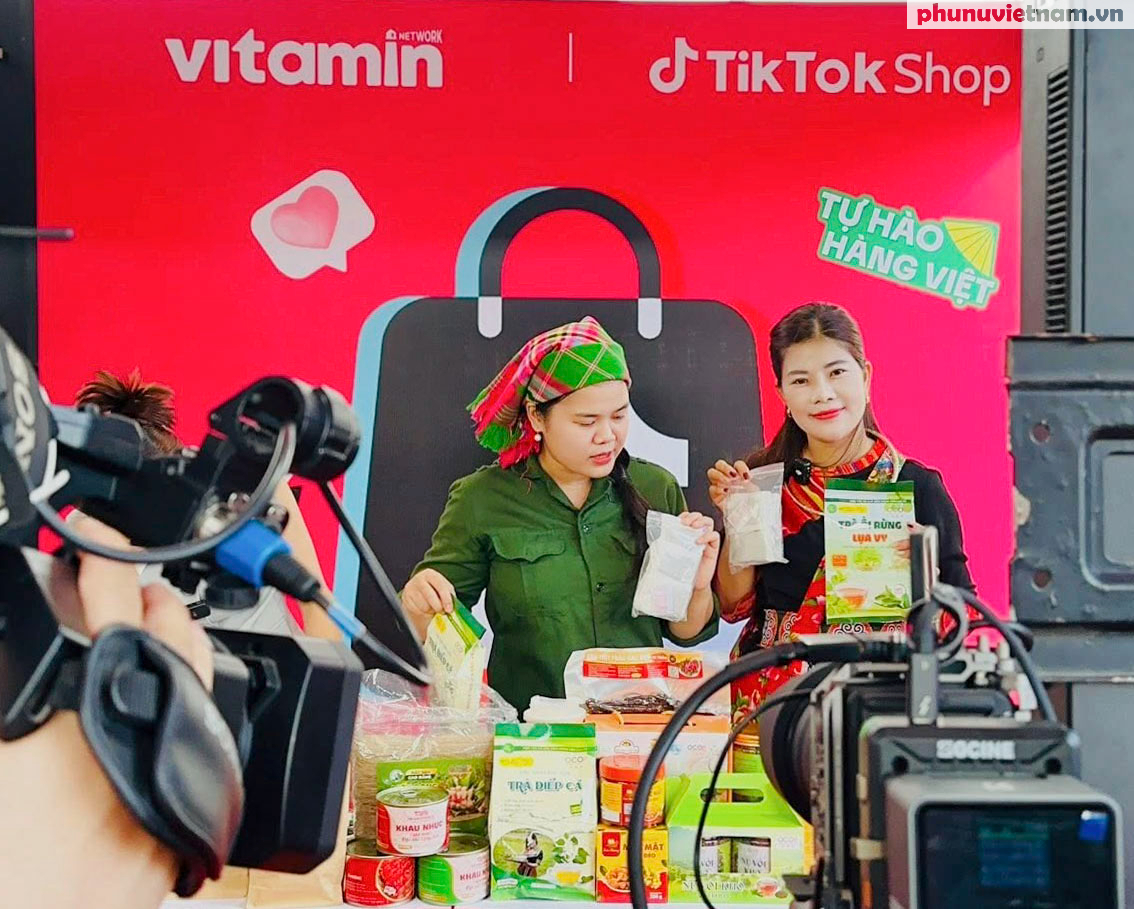
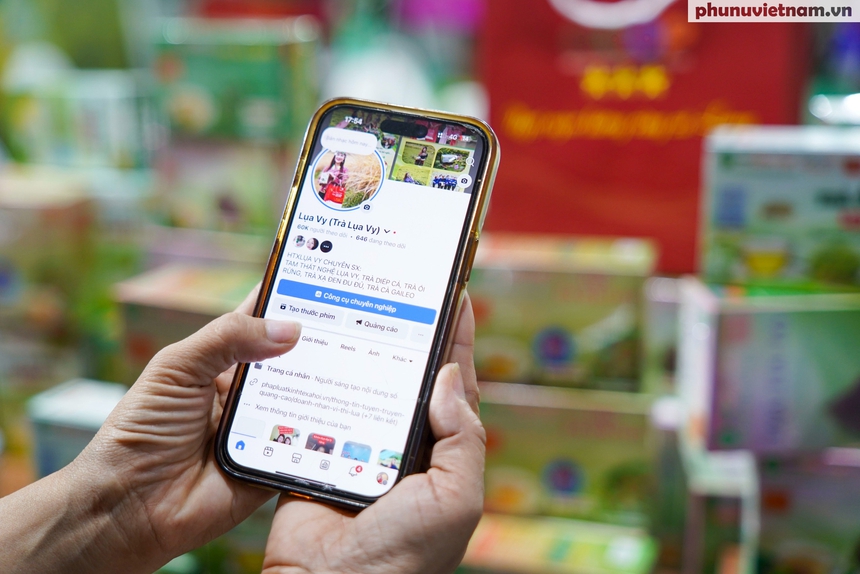
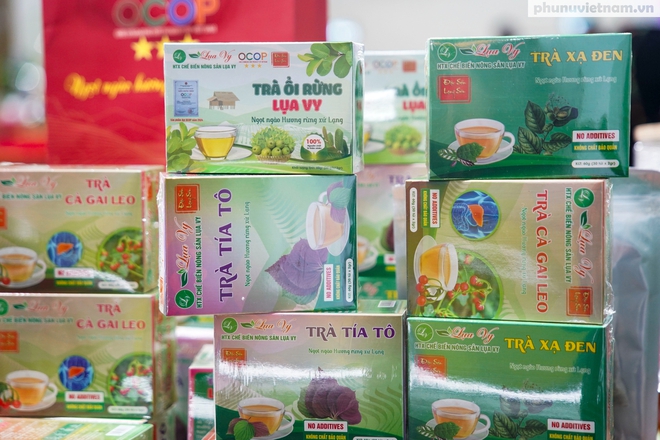
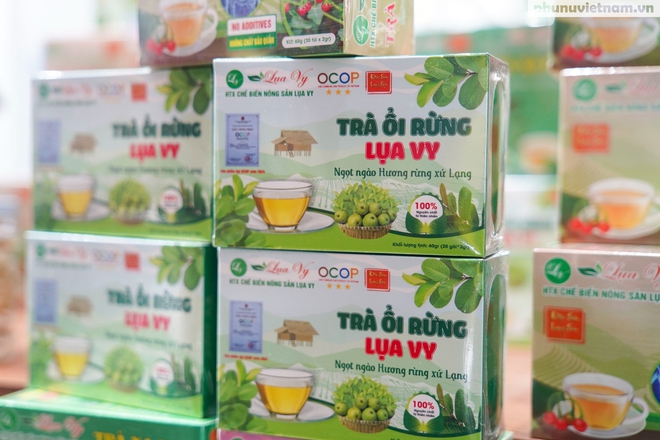
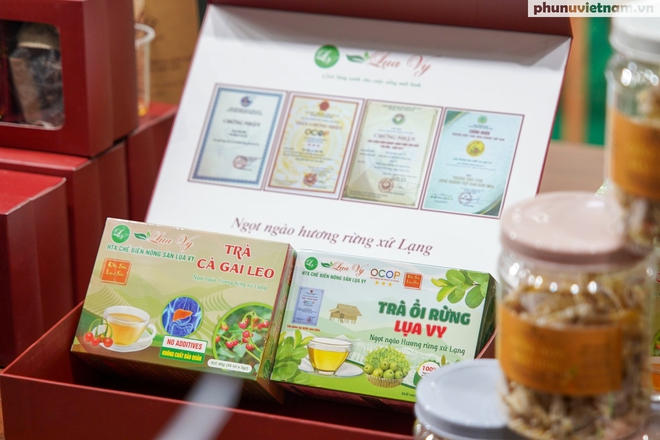
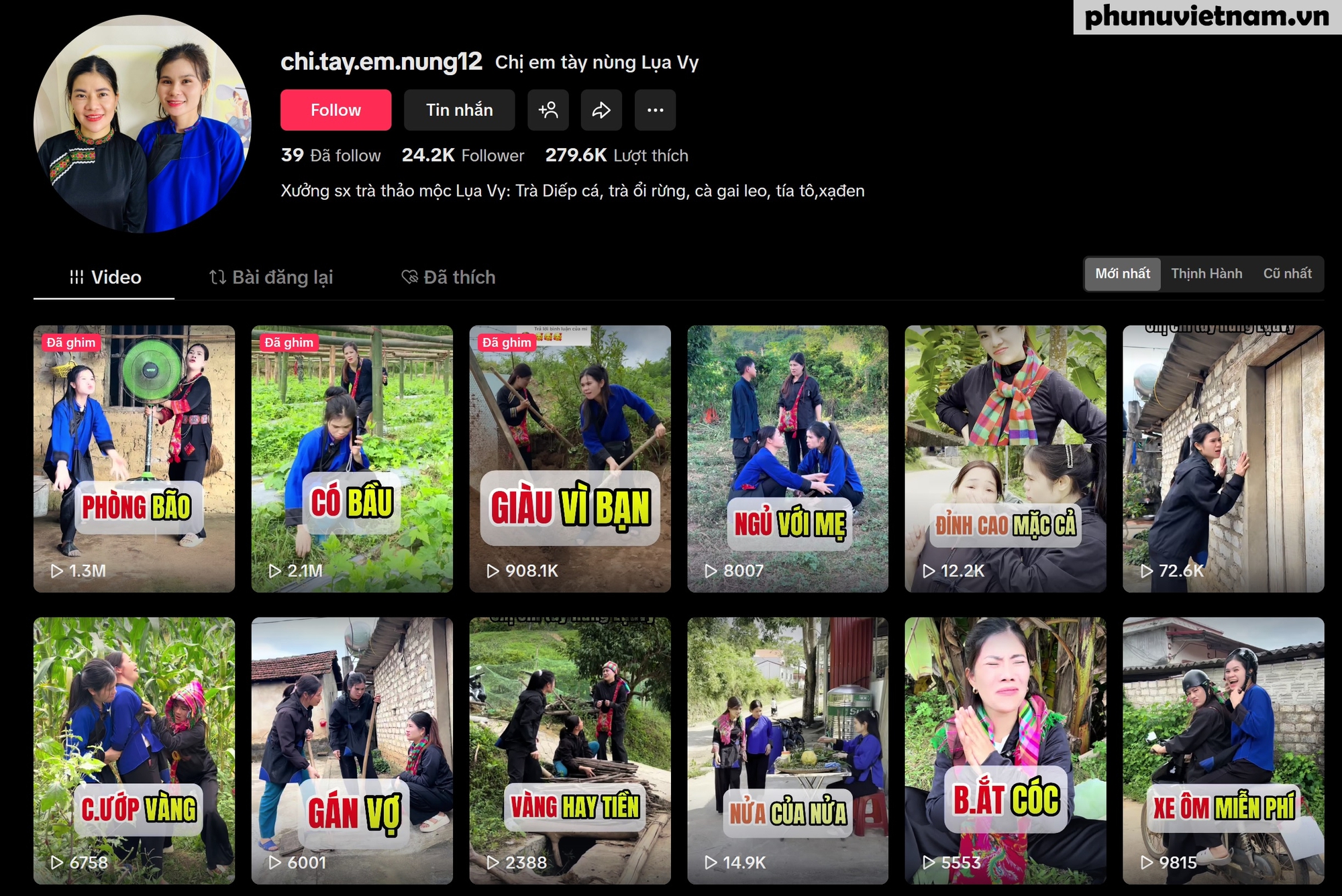
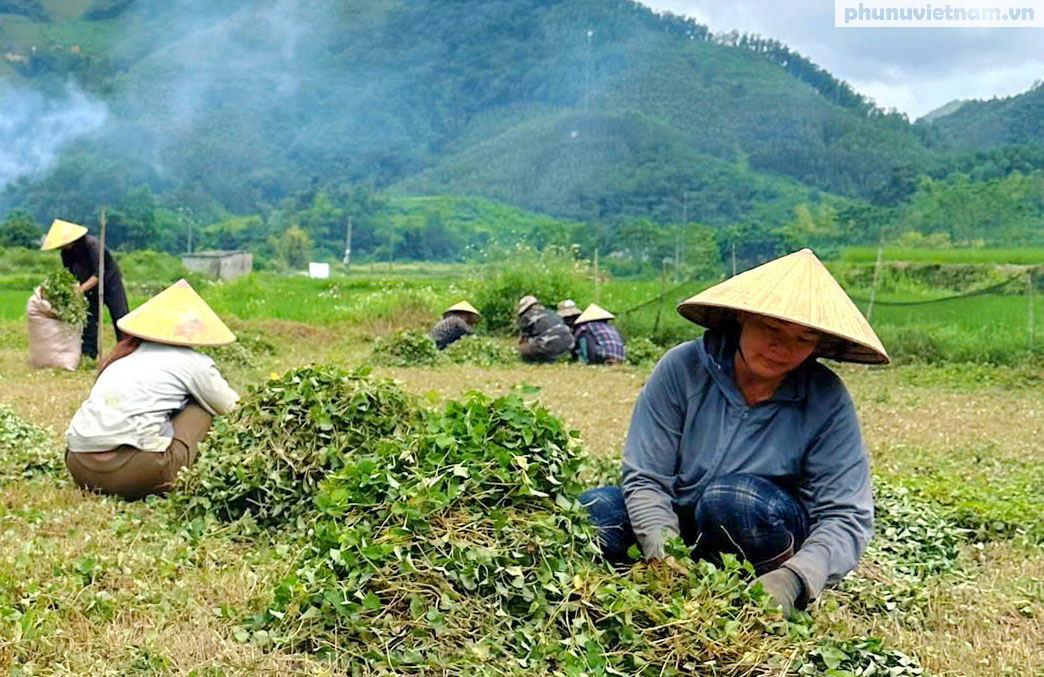
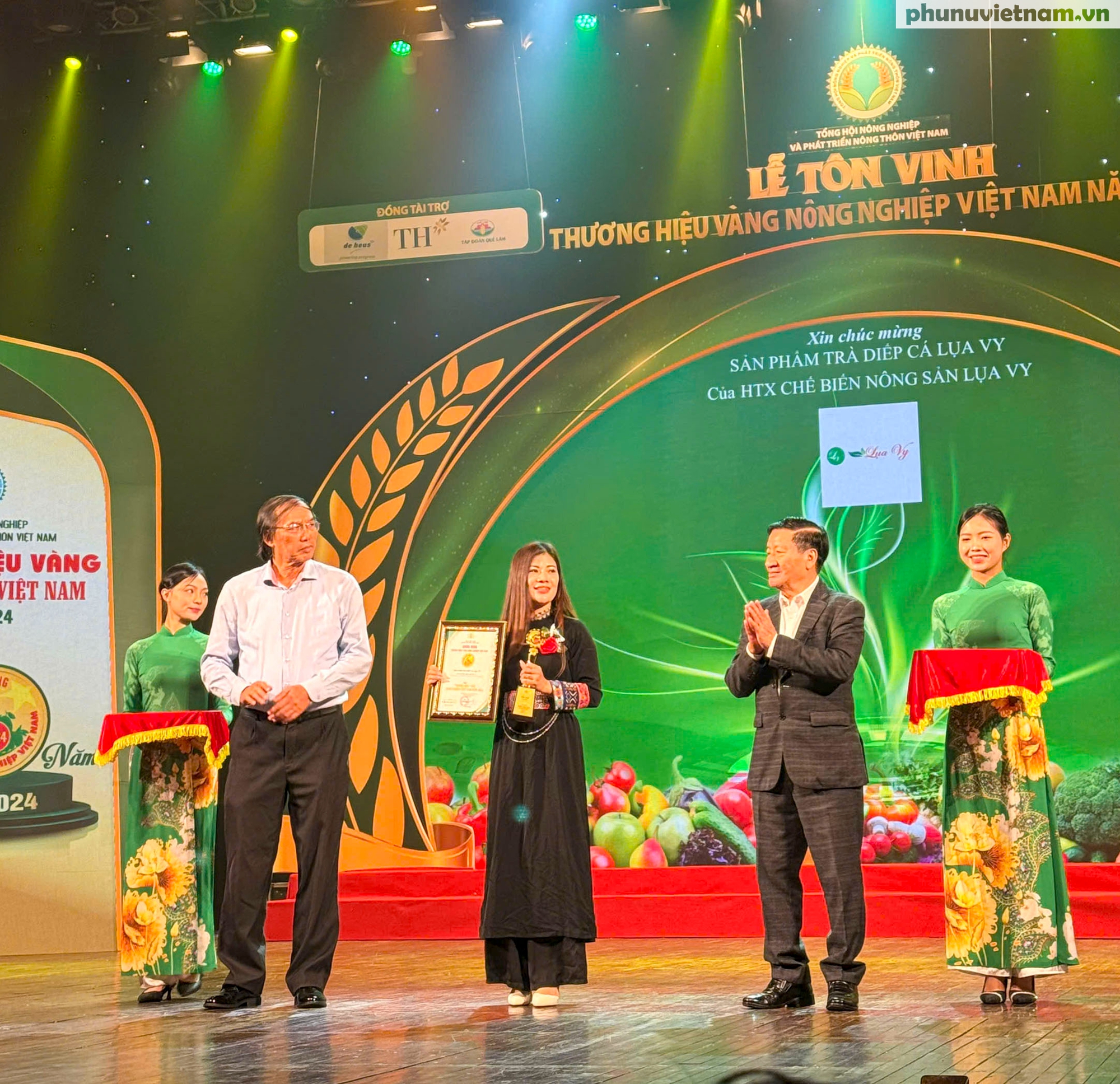

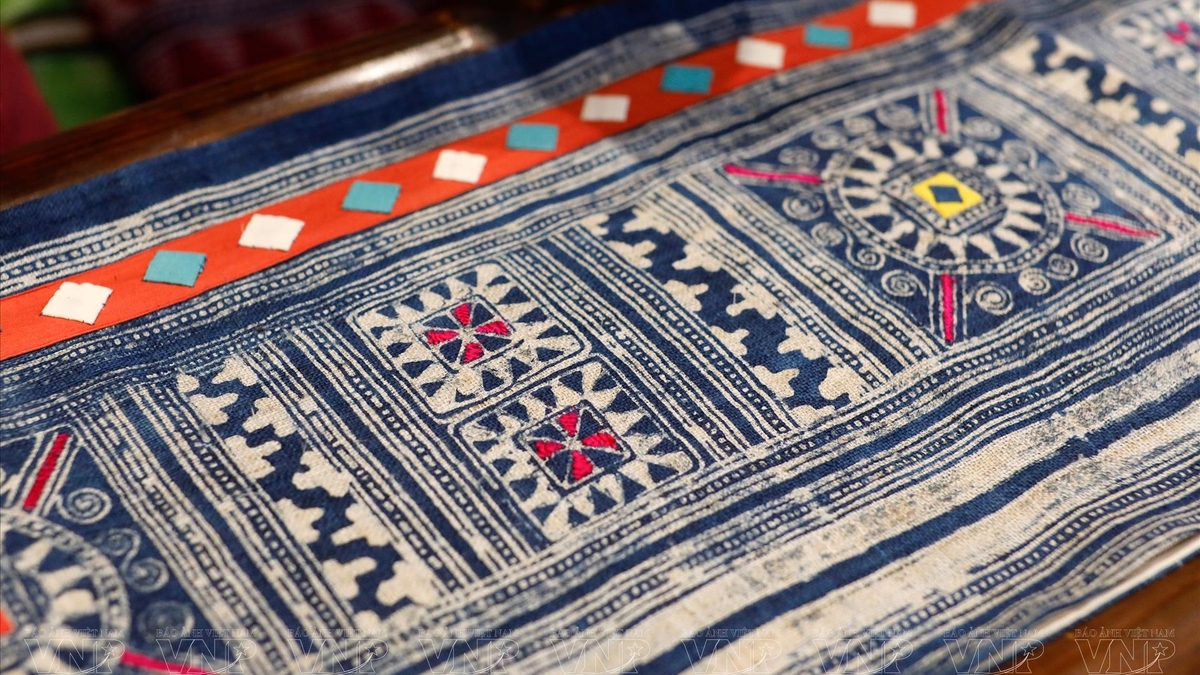
![[Photo] Fall Fair 2025 and impressive records](https://vphoto.vietnam.vn/thumb/1200x675/vietnam/resource/IMAGE/2025/11/03/1762180761230_ndo_br_tk-hcmt-15-jpg.webp)
![[Photo] Lam Dong: Close-up of illegal lake with broken wall](https://vphoto.vietnam.vn/thumb/1200x675/vietnam/resource/IMAGE/2025/11/03/1762166057849_a5018a8dcbd5478b1ec4-jpg.webp)
![[Photo] Prime Minister Pham Minh Chinh receives the Chairman of the Japan-Vietnam Friendship Association in the Kansai region](https://vphoto.vietnam.vn/thumb/1200x675/vietnam/resource/IMAGE/2025/11/03/1762176259003_ndo_br_dsc-9224-jpg.webp)
![[Photo] General Secretary To Lam receives Singaporean Ambassador Jaya Ratnam](https://vphoto.vietnam.vn/thumb/1200x675/vietnam/resource/IMAGE/2025/11/03/1762171461424_a1-bnd-5309-9100-jpg.webp)


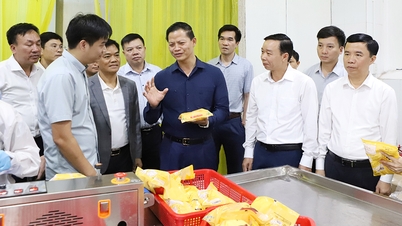

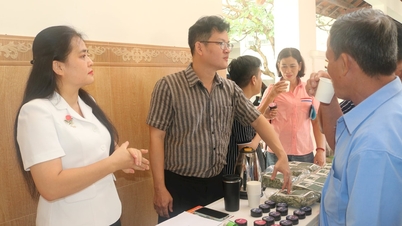



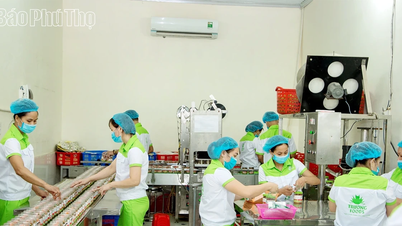



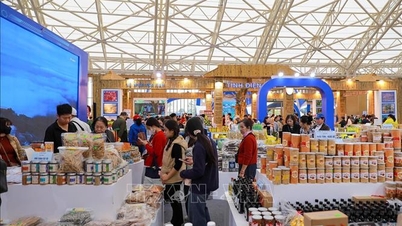







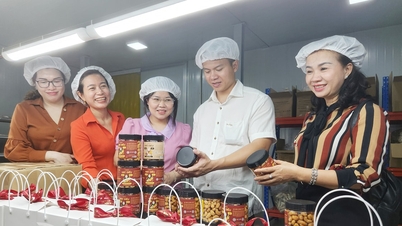





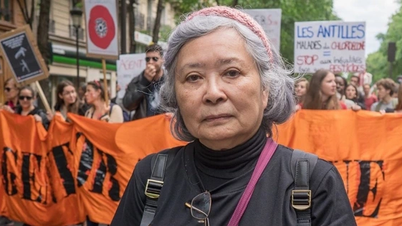




























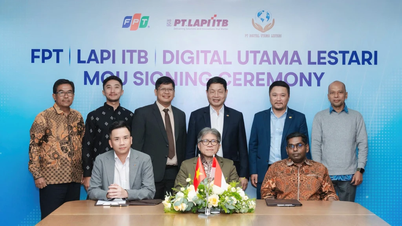











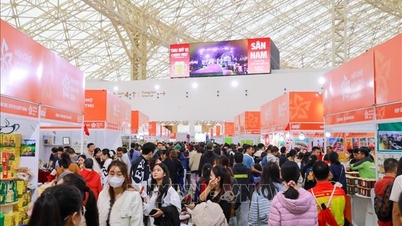

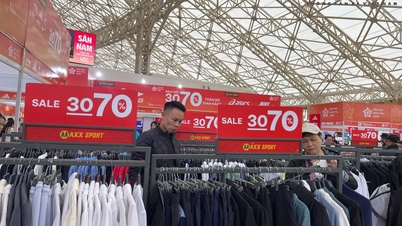
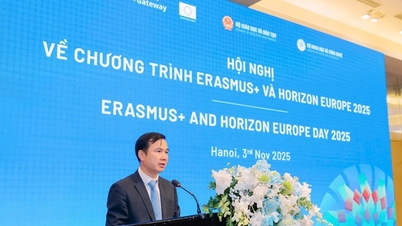

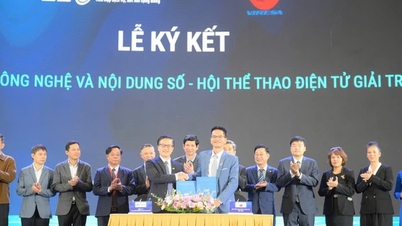

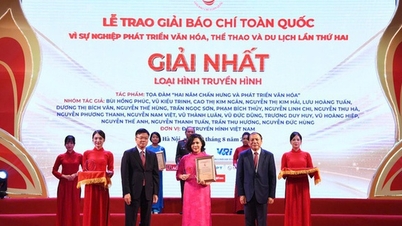


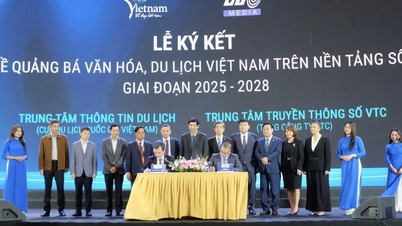



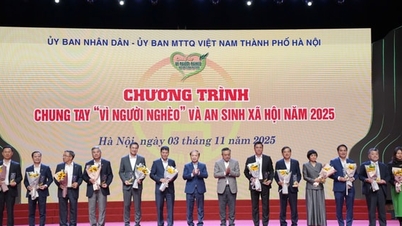

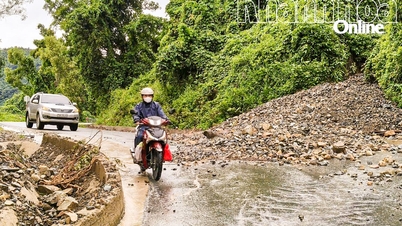
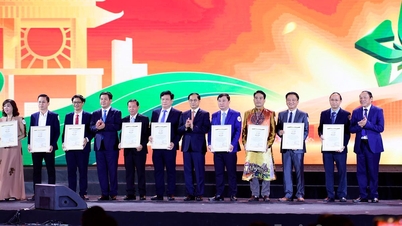

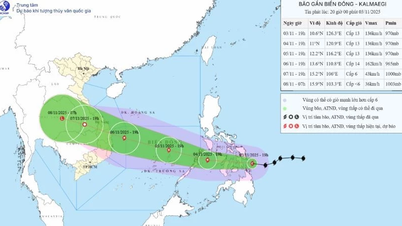











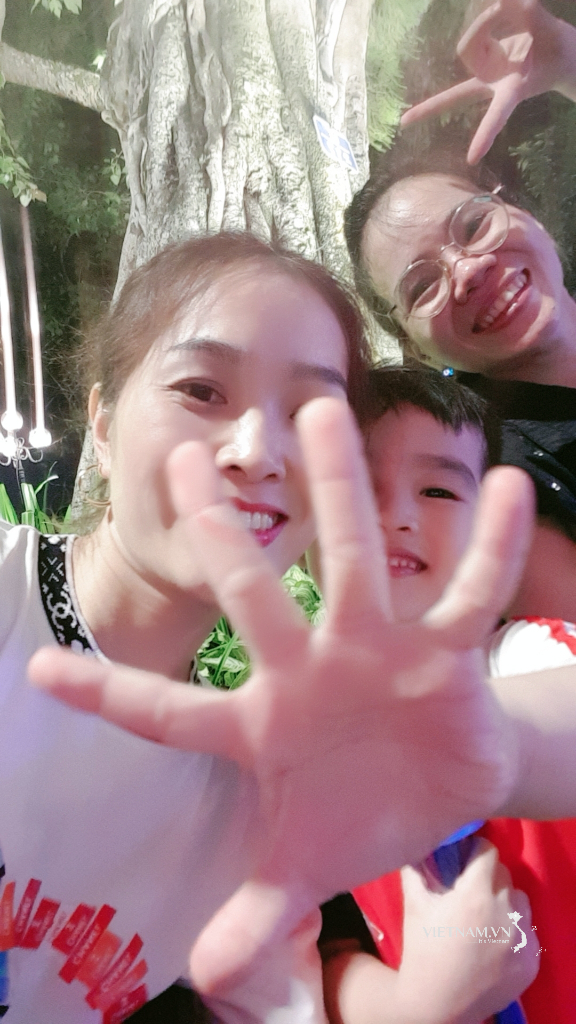


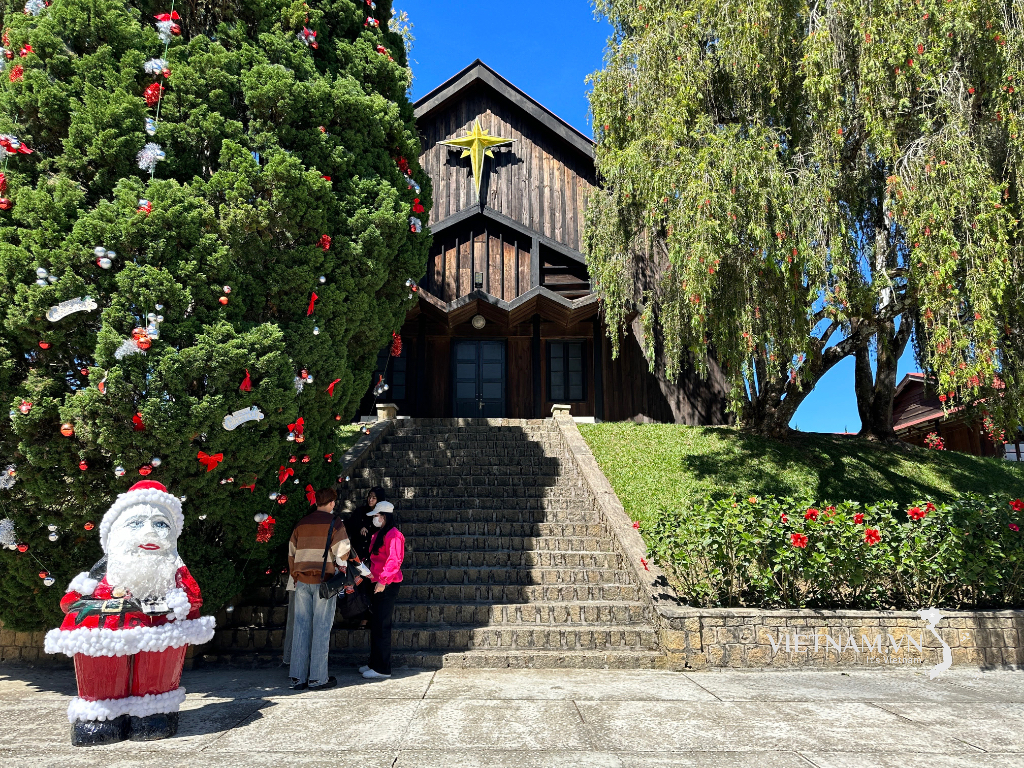
Comment (0)